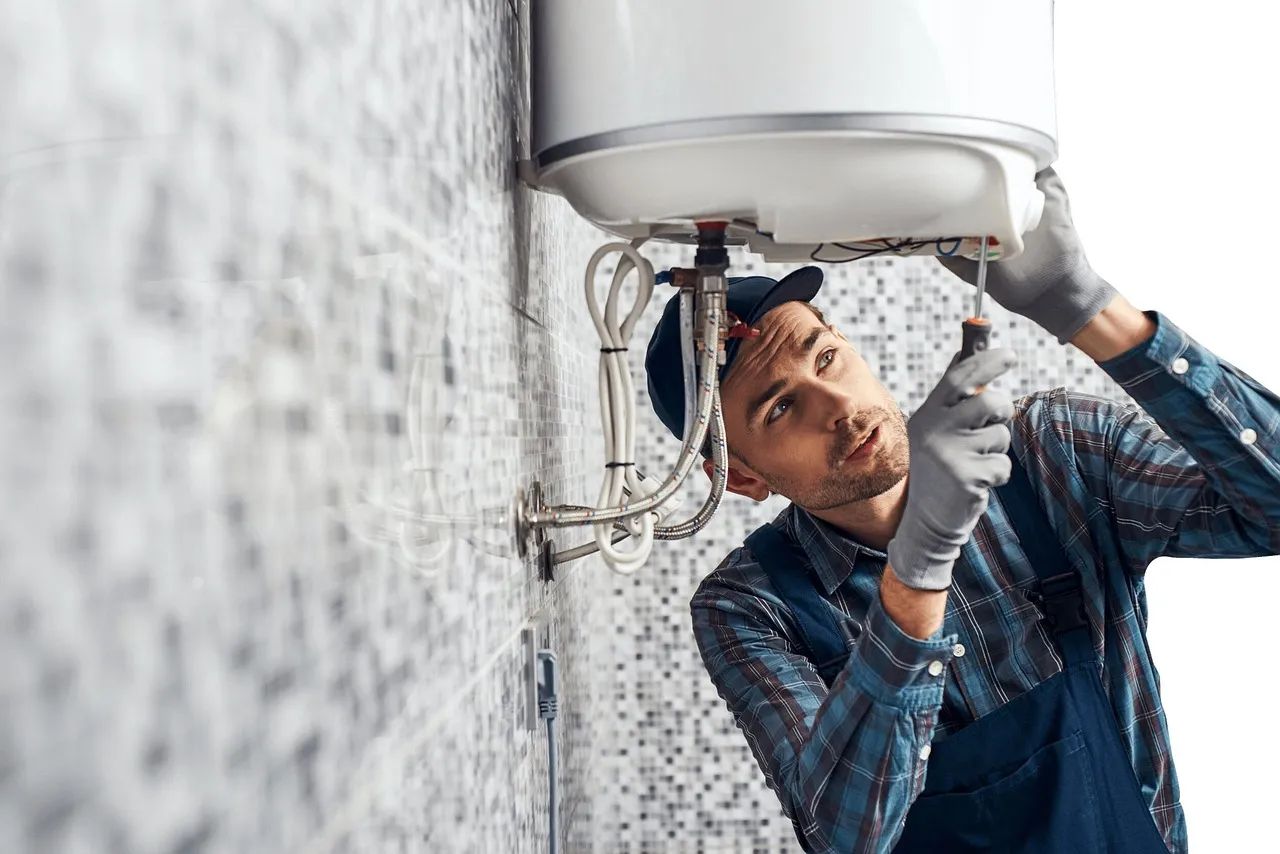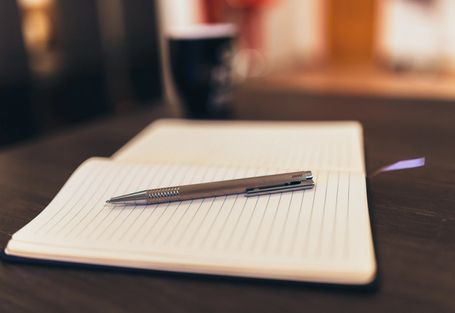
Image by Result Calls from Pixabay
Plumbing Safety 101: A Homeowner's Must-Read Guide
October 23, 2023
by lilly miller, guest contributor
Your property might suffer from water damage and plumbing problems, which can result in expensive repairs and possible health risks. However, you may safeguard your house and family from these frequent plumbing accidents by taking some preventative measures and adhering to important plumbing safety rules.
Regular Maintenance Is Key
The first line of defense against piping catastrophes is routine maintenance. Routine inspections can help prevent or identify many plumbing issues before they become serious. The following are some essential upkeep duties to remember:
- Routinely look for leaks in your faucets, pipelines, and fixtures. Over time, even a small trickle can cause considerable water damage.
- Slow drainage and backups can be brought on by clogged drains. Clean your drains frequently with eco-friendly, secure techniques, or ask a pro for help.
- Test your water pressure because high pressure might damage your pipes and result in leaks. Make sure the pressure in your home is within the specified range using a pressure gauge.
- Regularly check the water heater for rust and leakage. Flushing the tank can increase effectiveness and make it last longer.
- Problems with sewer lines can result from tree roots, garbage, and old pipes. To avoid invasive root damage, schedule routine inspections and take into account tree root barriers.
Avoid DIY Plumbing Disasters
While it may be tempting to handle plumbing problems on your own, some jobs are better left to experts. Without the required training and experience, attempting complicated repairs can result in costly errors and even dangerous situations. For instance, if a small leak repair is not done properly, it might suddenly become a flood.
- Hire a Professional: When dealing with plumbing issues that are outside your scope of knowledge, it's essential to engage a qualified plumber. For instance, it's simple to look online or ask friends and neighbors for referrals to discover a qualified plumber in Wynnum if you live in Australia. A skilled professional has the knowledge and equipment needed to identify problems and resolve them in a secure and effective manner.
- Safety First: When performing little piping tasks, put safety first. Use the proper safety equipment, such as gloves and safety glasses, and shut off the water supply to the affected area. When utilizing plumbing equipment and supplies, always adhere to the manufacturer's directions.
Protect Against Freezing Temperatures
Winter cold can be devastating to plumbing systems in many areas, such as Canada and the Nordic region. Frozen pipes can cause significant water damage and expensive repairs. Take the following actions to safeguard your home against freezing temperatures:
- Insulate exposed pipes in unheated places, such as crawl spaces and basements. They may not freeze as a result of this.
- Keep cabinet doors open under kitchen sinks during really cold weather to let warm air circulate around the pipes.
- On exceptionally chilly evenings, let faucets drip a little bit. By doing so, the pipes' pressure and the risk of freezing are reduced.
- Garden hoses should be disconnected and drained prior to the arrival of winter. If you leave them connected, water may freeze and back up into the infrastructure in your home.
Practice Water Conservation
Conserving water helps your piping system last longer and is good for the environment. Here are some recommendations for conserving water:
- Do not postpone or neglect leak repairs. Over time, a leak of any size can waste a lot of water.
- Think about installing aerated faucets and low-flow toilets. These fixtures perform better while using less water.
- Utilize a dishwasher instead of handwashing the dishes, which can use more water. To get the most out of your dishwasher, fill it up completely before running it.
- Installing a water softener will extend the life of your appliances and pipes in hard water areas by preventing mineral accumulation.
Be Prepared for Emergencies
Even with your greatest efforts, accidents can happen. To reduce damage and safeguard the safety of your family, it's critical to be ready for emergencies.
- In the event of a significant leak or burst pipe, know where to find and how to operate your home's main water shut-off valve.
- Always have a plumbing emergency kit on hand, complete with a pipe wrench, plumber's tape, and a bucket to catch leaky water.
Finally, it should be noted that plumbing safety is a crucial component of homeownership. By adhering to these recommendations, you can keep your family safe, prevent costly water damage to your house, and prolong the life of your piping system.
Guest Writer
Lilly Miller is a freelance writer, who focuses on the latest business trends, commercial design, and environmental issues. She also loves to experiment with daring new home decor trends and write about them as a regular contributor to Smooth Decorator. You can find her hanging out on Twitter.
Guest writers are an important part of Simply Local Magazine. Do you want to write for us? Click here!





